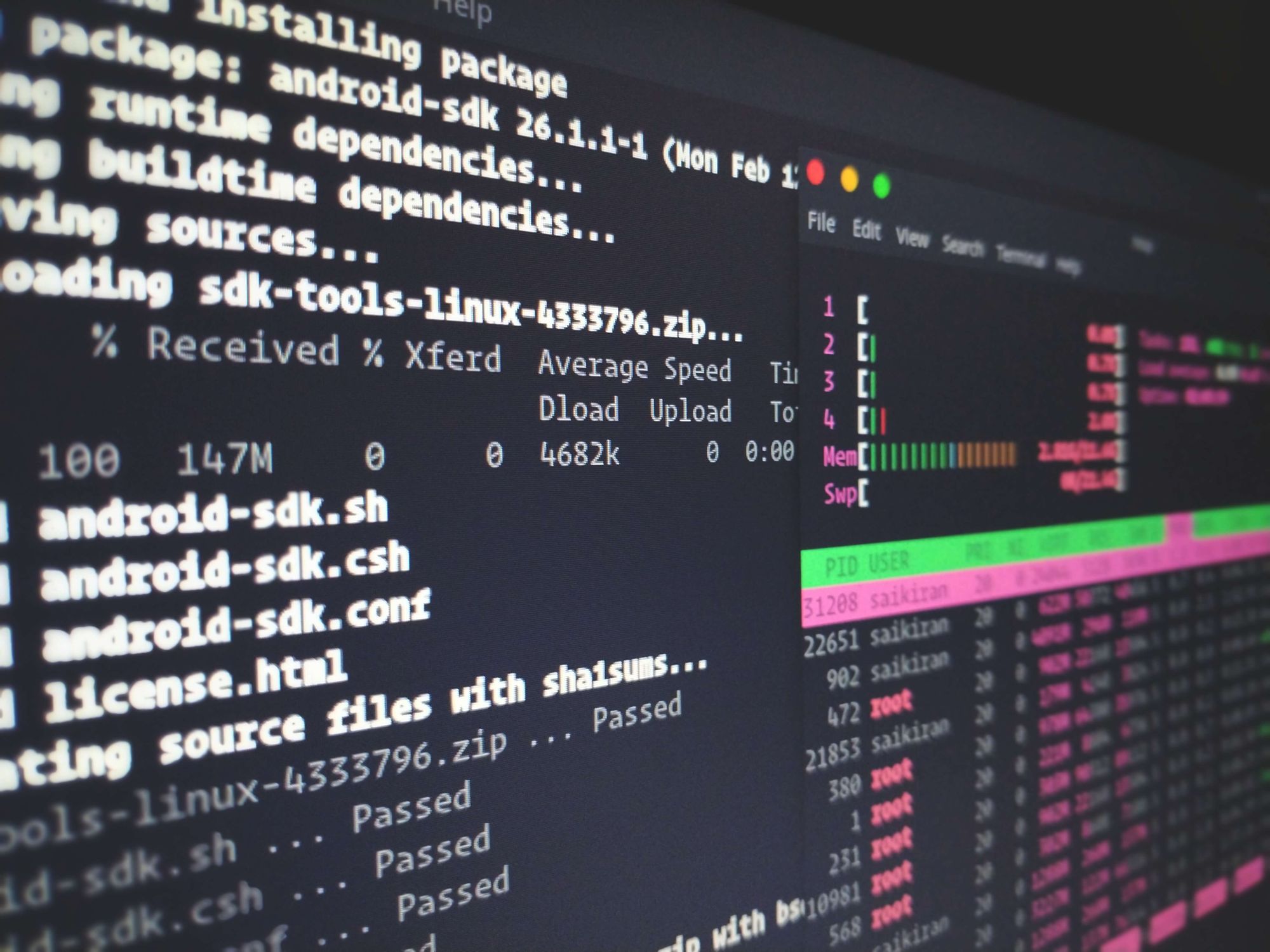Build Your Tech StartUp Without Knowing How To Code - 4 Case Studies
What would you say if I told you that the future of tech is not knowing how to code? That the next Netflix, Airbnb and Snapchat don’t have to come from developers with years of experience. Yes, the No Code Movement is here, and it is thriving.
What is No-Code Development?
A No-Code framework is a development platform that uses a visual development environment to enable non-technical users to build apps by dragging and dropping application components to create a fully functioning app. There are plenty of NoCode Tools out there to choose from, each offering its own suite of capabilities. We will dive into these a little bit later.
No Code isn’t just a fluffy term being thrown around. The No-Code Movement is well and truly underway and is positioned to take the world of tech startups and entrepreneurship by storm.
But Are NoCode Startups Actually Seeing Success?
The answer is a resounding yes! And not just one, there are plenty of no code startups going around, and some of them are doing really really well.
One of which is Lambda School, a coding Bootcamp that has managed to raise $74M in a Series C funding round. In a chat with Makerpad, Mitchell Wright who is a Senior Manager of Growth and Strategy at Lambda School talks about the various NoCode tools they use to build their online platform and streamline their internal processes:
At Lambda School, we use a large variety of no code tools for a lot of different processes. One of the main processes that we run with no code tools is our admissions process. We’ve gone through many different iterations of our admissions process in order to find different data points that help us know which students will be most successful at Lambda. Using no code tools has allowed us to test and iterate on this process.
In fact, Makerpad itself is an education platform that teaches people how to use NoCode tools and has almost ten thousand members. The success of Makerpad is highlighted in the fact that it was also recently acquired by Zapier in its first-ever acquisition.
The big benefit of No Code Tools is that they have really democratised what it means to be a web-based business owner. You don't need to be a Silicon Valley Ninja Coder to be able to bring your idea to the market, and you don't even need to know how to code. Being tech-savvy enough to know how to use these tools and leverage them along with your existing skills is enough to build an excellent online business.
While not all of these no-code businesses are raising funding rounds or have hit millions in annual recurring revenue, a lot of them have provided enough income to allow their founders to work on them full-time.
Your startup idea doesn’t even have to be limited to a complex SaaS product that solves a niche problem for the tech ecosystem. Some founders are using these No Code Tools to get their traditional brick and mortar businesses off the ground. One example is Kirstyn from The Very Best Cookie In The Whole Wide World, who turned a pandemic passion project into a profit-making cookie e-store, raking in a cool $12K/Month. Her initial store was put together in 5 days using Shopify and in the one year it has been operational, has started supplying freshly baked cookies across the United States.
Speaking of cookies, Lead Cookie is another business built on No Code Tools. While they have not entered the FMCG market, they are also not a SaaS solution. They brand themselves as a “Lead Generation Agency”. Their primary value proposition is to assist B2B sales teams in generating leads through LinkedIn. They take care of your LinkedIn account and initiate conversations with your target customers. They’re making $50K/Month by integrating No Code Tools such as Zapier, Trello and Airtable to automate a majority of their repetitive tasks without having to write any code.
But what exactly can NoCode tools achieve? Let’s have a look at some of the most popular ones.

The Most Popular No Code Tools
Do you have an idea? An itch that is just waiting to be scratched. What follows is a breakdown of some of the most popular No Code tools and what they can accomplish for you.
Webflow is perhaps one of the most popular No Code tools out there — mostly for the sheer complexity of the apps you can build using this platform. Webflow allows you to build any website you want, from SaaS sites to E-Commerce stores, without writing a single line of code.
You’ll be able to easily bring your website from concept to launch thanks to a variety of templates and an intuitive drag-and-drop user interface.

Webflow’s closest rival, Bubble provides aspiring developers with a visual collection of components that they can use to bring together and release fully functional end products. Bubble is a powerful tool for software and app development because of its many customisation options.
If you have multiple applications that generate important data that you’d like to tie together into an automated process, then Zapier is the tool for you. Zapier helps you to connect various app channels, automating and speeding up your workflow.
Zapier’s automation covers a wide range of commonly used business methods. Twitter, Slack, Dropbox, and Shopify are only a few of the apps you can use to automate your work.
Airtable is a tool that combines the features of spreadsheets with the sophisticated data manipulation goodness of databases and presents them in a handy tool. Airtable is a highly customisable and powerful product with an excellent API that makes the world of databases accessible and visually appealing to the everyday user.

The big takeaway from this should be that the future of not just tech startups, but any business is hidden in the multitude of accessible and low/no-code tools that are available in abundance today. Not knowing how to code should not stop anyone from pursuing their entrepreneurial dreams. It’s encouraging to see so many no-code development platforms available, allowing non-programmers to build and let their own visions come to life without relying on developers.

